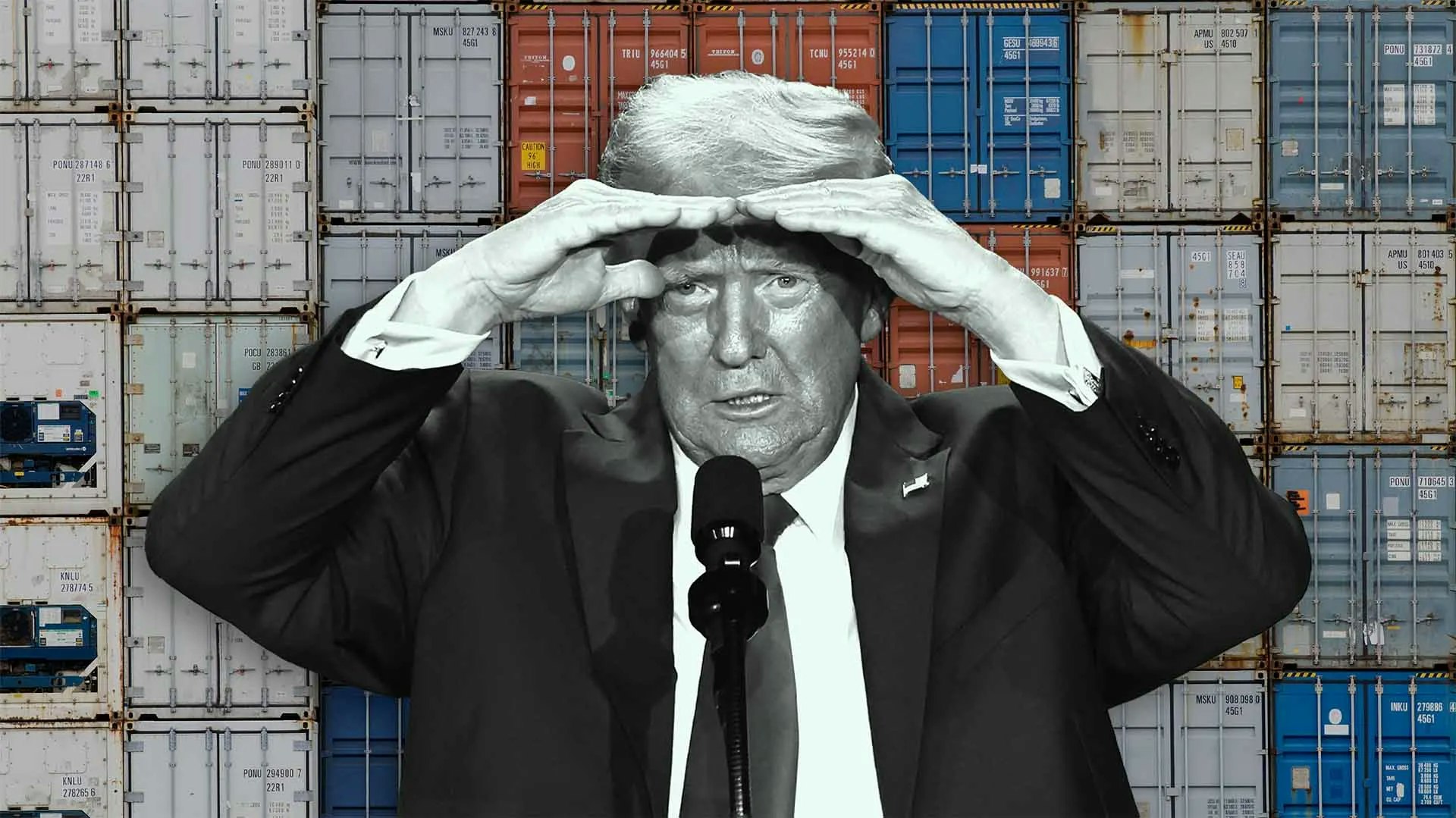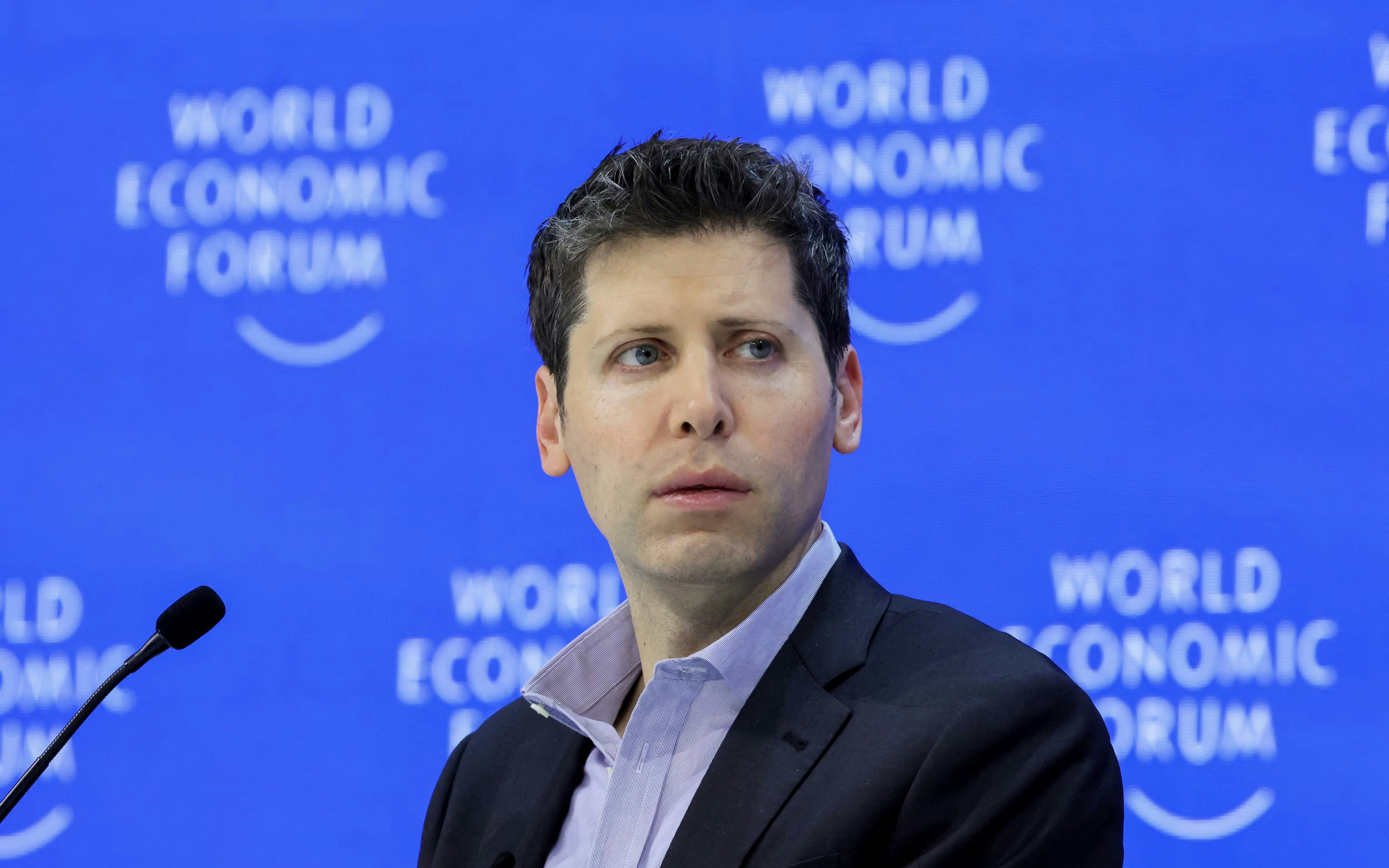Economics
Trump ignites trade war - US companies and allies respond with sharp criticism
Trump's new tariffs provoke massive backlash from businesses, allies, and Republicans – Economists warn of damages amounting to billions.

Donald Trump has triggered a new wave of trade conflict with the introduction of drastic tariffs on goods from China, Mexico, and Canada.
The new tariffs impose a 10 percent duty on Chinese imports, while goods from Mexico and Canada will be subject to 25 percent. Energy imports from Canada will be taxed at 10 percent. The U.S. Chamber of Commerce criticized the measure as economically harmful. "The President is right to address issues like our broken border, but tariffs are not the solution—they will only raise prices for American families," said John Murphy, Senior Vice President of the Chamber of Commerce.
Consumer protection and industry associations also raise the alarm.
The first reactions were not long in coming. Canadian Prime Minister Justin Trudeau announced 25% retaliatory tariffs on goods worth 155 billion Canadian dollars, including meat, orange juice, tires, paper products, and clothing. Mexico's President Claudia Sheinbaum declared that she would present initial countermeasures on Monday.
As tensions escalate, Trump himself pours more oil on the fire. In a post on Truth Social, he said that Canada should be incorporated into the USA as the "51st state." "We need nothing of what they have. Without the massive subsidization by us, Canada would cease to exist," he wrote.
Even within the Republican Party, resistance is growing. Senator Tim Scott from South Carolina criticized that Trump's approach is "nothing more than a tax on American citizens." Senator Rand Paul from Kentucky stated: "Tariffs are just taxes. Conservatives used to unite against tax increases. Taxing trade means less trade and higher prices.
Democrats accused Trump of economic irresponsibility.
Economists warn of significant economic damage. According to an analysis by the Peterson Institute, Trump's new tariffs would slow US growth by $200 billion during his term, in addition to causing an increase in inflation. Goldman Sachs expects that a permanent 25 percent tax on imports from Canada and Mexico could increase US core inflation by 0.7 percentage points.
The financial markets are already reacting nervously. "The U.S. has adopted the riskiest tariff strategy in decades," said Ed Al-Hussainy of Columbia Threadneedle. Investors now have to expect a tightening of financial conditions - including falling stock prices and rising risk premiums.




